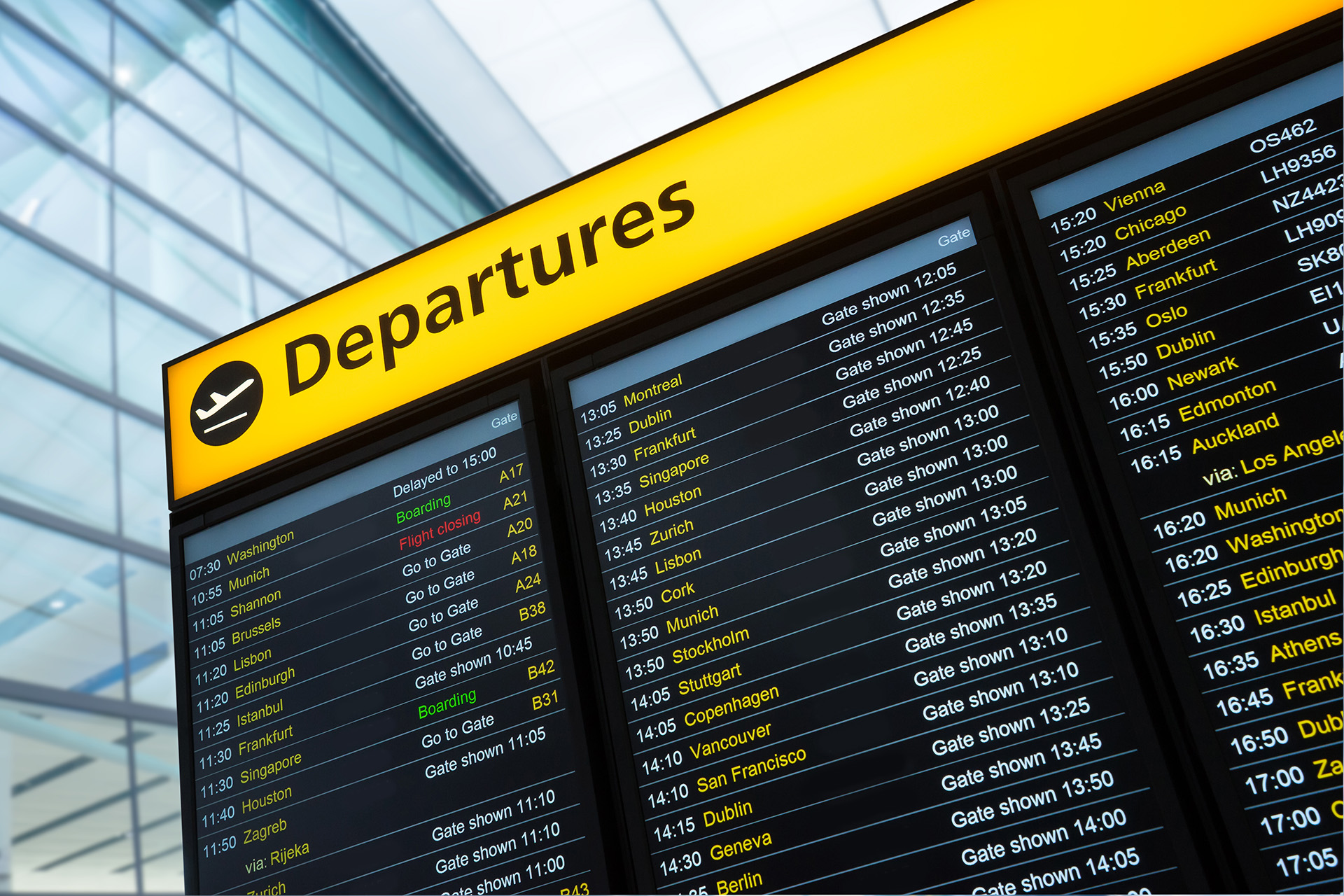As part of its duties as the UK’s independent specialist aviation regulator, the CAA is responsible for collecting, processing, validating and analysing an extensive range of statistics related to UK aviation. These data are used by the CAA in discharging its duties and by the aviation industry to enhance safety and competition. At minimal cost, much of the data are also made available to the public.
The UK Government requires that the CAA’s costs are met entirely from its charges on those whom it regulates. The cost of collection and publication of the CAA’s statistics are therefore borne by the UK aviation industry and not by the Government or taxpayer.
The CAA is keen to hear from users of our data as to how best we can meet their requirements. If you have any comments on the content or the format of the publications available please contact aviation.intelligence@caa.co.uk
Legislation
The Statistics and Registration Service Act 2007 established the independent UK Statistics Authority as a non-ministerial department operating at arm's length from government and directly accountable to Parliament. The Statistics Authority's statutory objective is to promote and safeguard the production and publication of official statistics that serve the public good. It is also required to promote and safeguard the quality and comprehensiveness of official statistics, and ensure good practice in relation to official statistics.
As the CAA is independent of Government and is not a Crown Body, its statistics are not subject to the Statistics and Registration Services Act 2007. However, given the publication, nature and the use of these data, the Official Statistics Code of Practice (produced by the UK Statistics Authority to aid implementation of the legislation) has been used to provide guidance on best practice. This statement sets out how the CAA takes into the account the principles and practices outlined therein.
Code of practice for Official Statistics 2009 (UK Statistics Authority)
Minimising burden of data collection
The data collected by the CAA is generally required under statute. This may be for reporting onwards to European and/or international bodies such as ICAO and Eurostat, or under the Air Navigation Order. The CAA endeavours to minimise the burden on data providers where possible and only collects data which are necessary in order to carry out its work, discharge its duties or meet industry needs.
User consultation and engagement
The CAA maintains regular contact and a high degree of engagement with data users in a number of ways:
- Contact with data providers, who tend to be a subset of the users
- Various stakeholder consultations and meetings in the discharge of the CAA's full range of regulatory duties
- Relationships with external bodies such as ICAO and Eurostat
- Transport Statistics Users Group meetings
Quality management
For all major datasets the relevant methodologies and glossary are made available. Wherever possible, the CAA adopts standard industry definitions and methodologies in its data collection and processing.
All data is subject to internal review and validation. If, for operational reasons, there is uncertainty around published data, this is highlighted in the notes.
Confidentiality and access to information
Where data is commercially sensitive the CAA publishes data aggregated in a manner which is aimed to balance the needs of external users with an appropriate level of disclosure, whilst giving consideration to the CAA's ability to discharge its regulatory duties.
Whilst some datasets are available in more detail on request, considerations of commercial sensitivity or protection of personal information may limit the extent of data provided. Where provided, these data requests may incur a charge to cover the extra cost of processing and provision.
Revisions and corrections
Balancing the aims of accuracy and timeliness of publication means that revisions of data are an expected part of the production of statistics as more information becomes available. Where published data is provisional it is clearly labelled as such. Where significant revisions are made to final data, users will be provided with clear information indicating that this is the case.
Despite best efforts, there may be occasions whereby publications need to be amended for errors.
If an error is deemed to be material the electronic publication of the data will be amended as soon as possible and place alerts on the website notifying the change. Users subscribing to RSS feeds from the Statistics section of the website will be notified of the publication of the revised data.
If an error is deemed to be minor, a correction will be made within the next release for publication.
Pre-release access
The CAA is committed to an open and transparent approach to its data collection and publication. As far as possible, data are published to the website as soon as they are processed and validated, sometimes as provisional data releases. However, given the operational use of the data by the CAA in carrying out its duties, there are certain datasets and statistics that may be used by management internally prior to wider publication. There may also be certain circumstances requiring release of subsets of information to industry stakeholders prior to full publication on the website.

